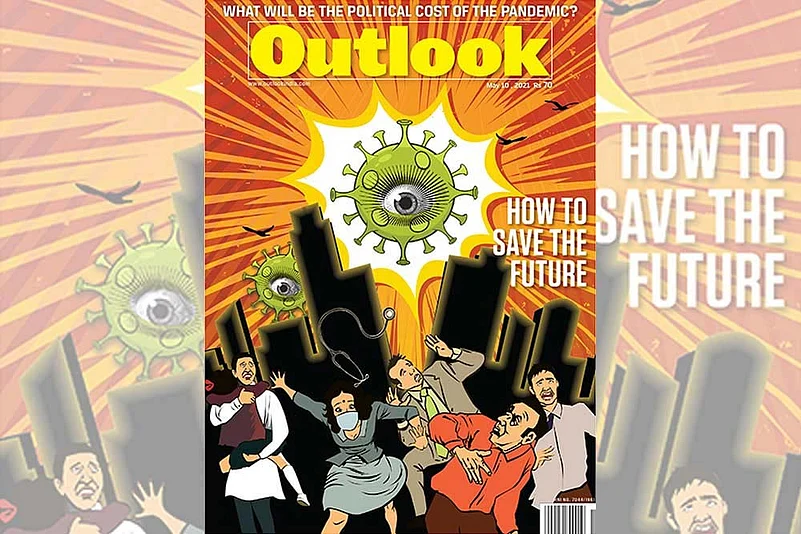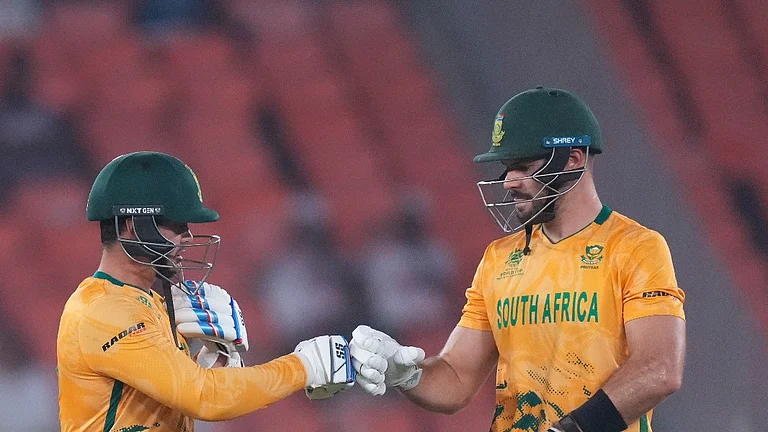We have lost too many lives, and we should not wait for action as more deaths keep piling. First, by avoiding a blame game, we should fix accountability so that necessary changes are incorporated in the efficient management of the pandemic situation. All over the world, second waves were happening while India was going through the low transmission season. As in war, the best time to defeat the enemy is when it is weak. Squandering this opportunity, the country did not plan to prevent and mitigate the serious consequences of a second wave. Even in states where technical experts advised an imminent second wave, nothing changed much due to other competing priorities. We need to finalise a plan for the long haul of managing multiple waves, including an action plan for enhancing vaccination coverage through strong microplanning, intensive mobilisation and effective communication strategies.
ALSO READ: The Missing Link Public Health
In order to ensure equitable public benefit in health programmes, transparent data systems must be built and accounted for. There is a huge interstate and intrastate disparity in timeliness and accuracy of data compilation and action. States with better health surveillance systems will test higher, will report more cases, demand more resources (oxygen, medicines) and will probably prevent more deaths. In contrast, reporting cases or deaths will attract punitive action in some states, which also probably have poorer health systems. We need to change this culture of fear to that of encouraging reliable reporting through confidence-building measures. Poor data collection and delayed action disempowers vulnerable communities and worsens health inequities. The actions needed to encourage data transparency are simple and will instil trust in the community. This can be done by following epidemiological definitions, processes and following better review mechanisms. Instead of spinning narratives to put states with better reporting in a spot, better review mechanisms will focus on why states have low reporting of cases and deaths.
Sustainable solutions should be implemented while emerging out of the second wave. We need an aggressive containment strategy to reduce the number of cases and deaths. While doing this, it is imperative to step up testing to isolate people as soon as possible. District laboratories set up under the Integrated Disease Surveillance Project should be strengthened through enhanced infrastructure, permanent workforce and sustained funding. The prime minister has already announced an oxygen generation plant in every district hospital.
ALSO READ: We, The Makers Of This Calvary
Along with this, a state-of-the-art 100-bed ICU should be set up in each district hospital. In the short term, staff can be guided through tele-ICUs till completely functional. Similarly, vaccine manufacturing should be ramped up by tying up with all the firms with regulatory clearance from the developed world. This will help India save more lives and limit morbidity as the country will witness more waves. Also, India can reposition as a global leader in helping many countries access affordable vaccines of high quality.

Finally, akin to a strong and resilient military led and managed by trained and competent soldiers, fighting pandemics is a specialised job. Fighting a war against a dreaded disease, whether infectious or non-communicable, and managing people’s health is a specialised task. We can no longer take comfort in running the health system by transient and fleeting leadership. This is because the leaders are shifted around from one department to another and have a limited understanding of public health. As opposed to reducing the National Centers for Disease Control (NCDC) to a supporting role, the agency should have managed the entire crisis. The NCDC is understaffed, under-budgeted and undervalued, with no autonomy or power to coordinate with departments to manage the health emergency. It is time the system encourages professional management of the health system and response to the pandemic.
A health infrastructure is more than mere administration; it requires technical analysis, timely inferences and public health actions. At least now, the government should improve public healthcare to ensure the speedy prevention of disease. A dedicated India Public Health Service should be immediately commissioned to run the country’s health systems in each of the blocks and districts to the national level. States should have autonomous centres for disease control, with the presence of epidemiologists, social scientists and other skilled workforce for continued surveillance and timely action. Meaningful allocations will have to be made for disease prevention and health promotion, compared to obsessive preoccupation over curative services. We may not get another chance if we do not prioritise our public health system this time. This is not the last wave and certainly not the last pandemic that the country will face. Building a strong public health system will ensure that the system is resilient when faced with most diseases. Finally, it will promote the creation of a healthy India.
ALSO READ: Beating The Virus A Survival Guide
(The author is a professor at the Indian Institute of Public Health, Bangalore. Views are personal.)

















